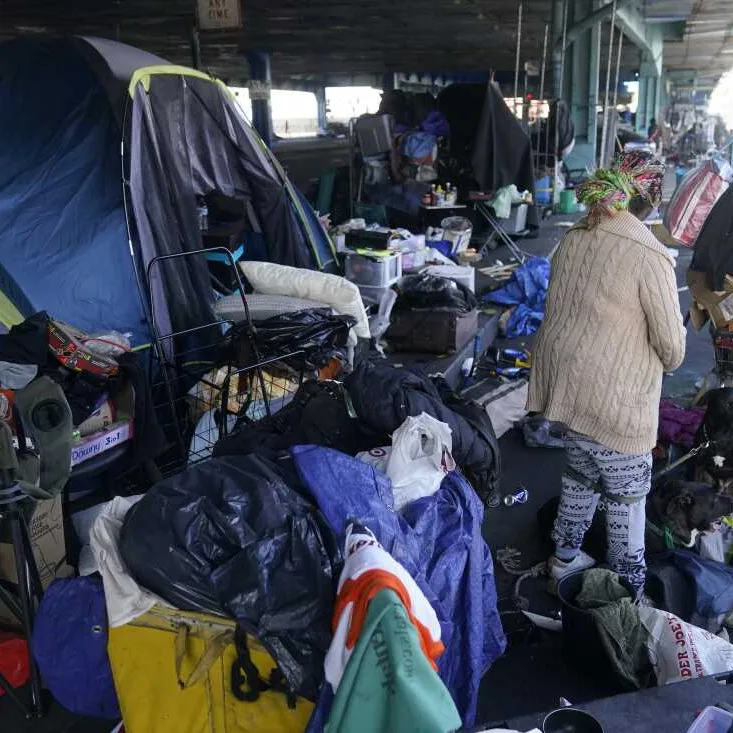In a controversial move, President Donald Trump has proposed significant cuts to the Department of Housing and Urban Development (HUD), which could severely impact various housing assistance programs, especially those aimed at combating homelessness. The proposed budget includes a reduction of nearly $7 billion from last year’s funding levels, which marks a drastic change in the government’s approach to housing and disaster recovery.
Critics of the proposal are expressing concern over the potential repercussions on vulnerable populations. The National Low Income Housing Coalition stated, “These cuts will hurt families who are already facing housing instability and will further exacerbate the crisis of homelessness across the country.”
These budgetary adjustments come at a time when extreme weather events, linked to climate change, have severely affected many communities. According to experts, cutting funding for disaster recovery programs places communities at greater risk, especially as natural disasters are becoming more frequent and devastating.
Despite objections from various advocacy groups and Democratic lawmakers who have labeled the cuts as “irresponsible,” the Trump administration is justifying these reductions as a necessity for fiscal responsibility. White House officials argue that the funding is being redirected towards other priority areas, including infrastructure and public safety.
Representatives from HUD have also indicated that the department plans to streamline operations, potentially leading to the closure of several local offices that provide essential services to those in need. “We need to make hard choices, but we believe this is essential for the future stability of our economy,” said HUD Secretary Ben Carson.
As the proposed budget heads to Congress, intense discussions are anticipated, with lawmakers grappling over the implications these cuts could have on millions of Americans relying on HUD programs for support. Advocates have called on citizens to voice their concerns to their representatives before the review process begins.
The intersection of budget cuts, climate change, and the ongoing housing crisis poses a pressing challenge, prompting community leaders and stakeholders to rally for better funding solutions that prioritize housing stability and disaster readiness.













